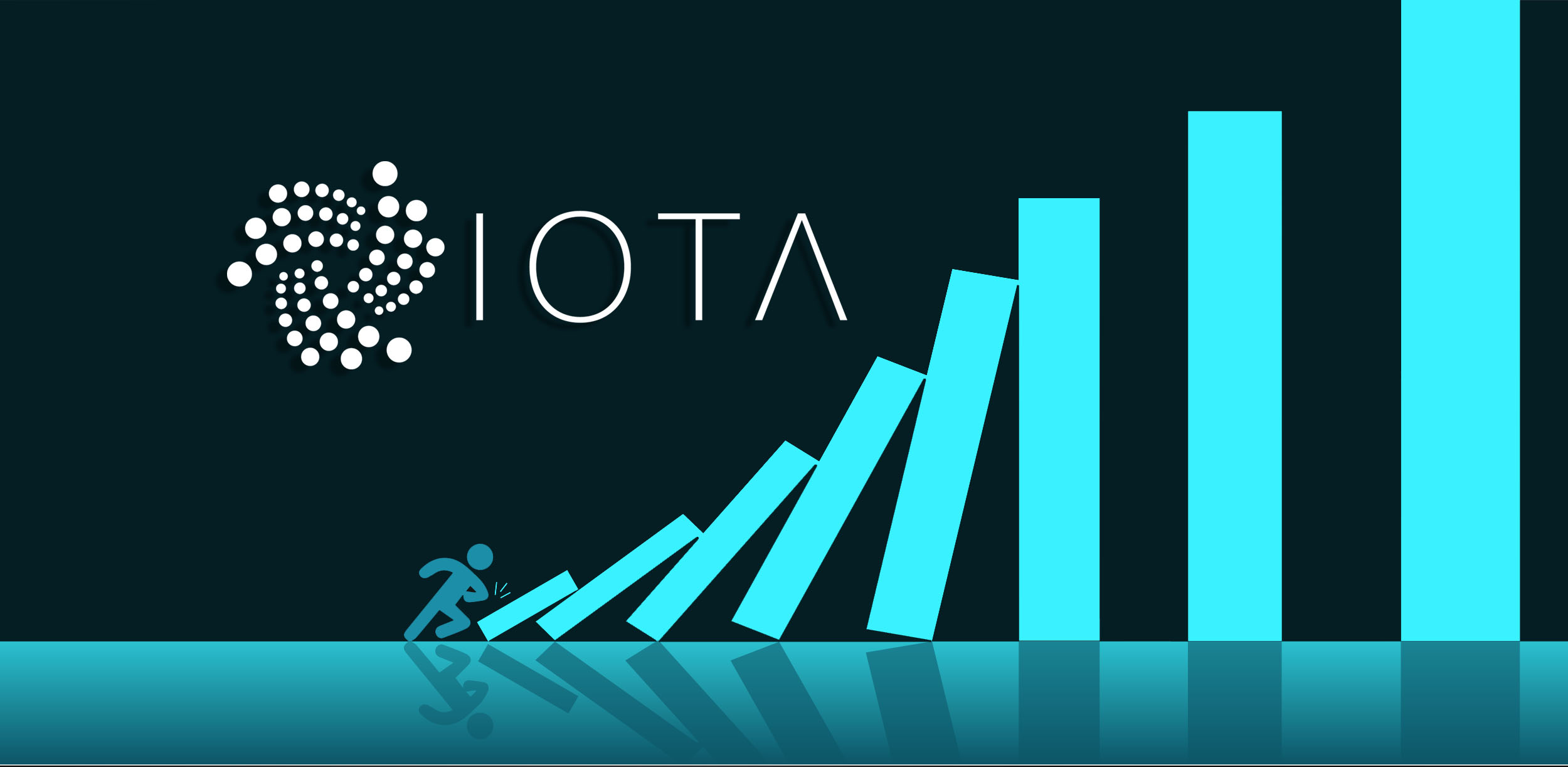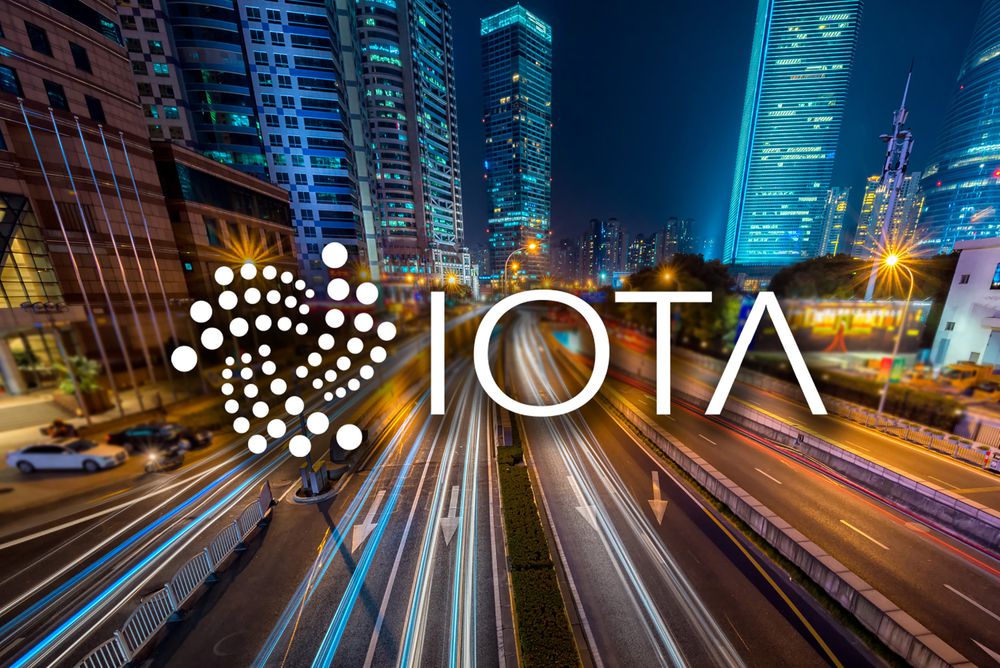|
Getting your Trinity Audio player ready...
|
The IOTA Foundation, a non-profit championing distributed ledger technology (DLT), has announced a significant investment in sustainability research. Partnering with Imperial College London, they’ve launched the Imperial IOTA Infrastructure Lab (I3-Lab), a state-of-the-art facility dedicated to advancing the circular economy.
This initiative, fueled by a £1 million donation from IOTA alongside funding from Imperial College, UK Research and Innovation, and the European Union, officially opened its doors on July 3rd. Situated at Imperial’s iCUBE, a hub for pioneering sustainability research, the I3-Lab will play a central role in developing solutions for a more sustainable future.
Breaking the Cycle: IOTA and the Circular Economy
Traditionally, economic growth has relied heavily on resource consumption, leading to environmental strain. The circular economy aims to disrupt this by promoting practices like reuse and recycling. This transition requires innovative solutions – a focus area perfectly aligned with the IOTA Foundation’s mission.
IOTA’s DLT already underpins projects fostering new economic models, like the Trade Logistics Information Pipeline (TLIP) and Digital Product Passports. The I3-Lab builds on this foundation, with a unique focus on technologies for novel ownership and business models.
Servitization: Sharing for a Sustainable Future
The I3-Lab delves into servitization, a model promoting the sharing and on-demand access to goods, services, and materials, instead of traditional, resource-intensive ownership. This shift is crucial in decoupling economic growth from resource depletion, a core objective of the circular economy.
Hitting the Ground Running: I3-Lab’s Early Success
The I3-Lab has secured additional grants and funding for key projects like Autofair (focusing on fair AI algorithms within Horizon Europe), iCircular3 (exploring circularity in robotics, automobiles, and outdoor tools), and CoDiet (combating diet-related diseases through personalized nutrition technology).
Staffed by a growing team of PhD students, senior researchers, and IOTA’s Applied Research Team led by Dr. William Sanders, the I3-Lab fosters collaboration at all levels. This marks a significant step forward in the ongoing partnership between IOTA and Imperial College, building upon previous grant work for Professor Robert Shorten and Dr. Pietro Ferraro’s contributions to the IOTA Congestion Control algorithm.
The I3-Lab’s launch signifies a promising step towards a more sustainable future. By harnessing the power of DLT and fostering innovative circular economy models, this collaboration has the potential to redefine our relationship with resources and pave the way for a greener tomorrow.
Disclaimer: The information in this article is for general purposes only and does not constitute financial advice. The author’s views are personal and may not reflect the views of Chain Affairs. Before making any investment decisions, you should always conduct your own research. Chain Affairs is not responsible for any financial losses.
I’m your translator between the financial Old World and the new frontier of crypto. After a career demystifying economics and markets, I enjoy elucidating crypto – from investment risks to earth-shaking potential. Let’s explore!


